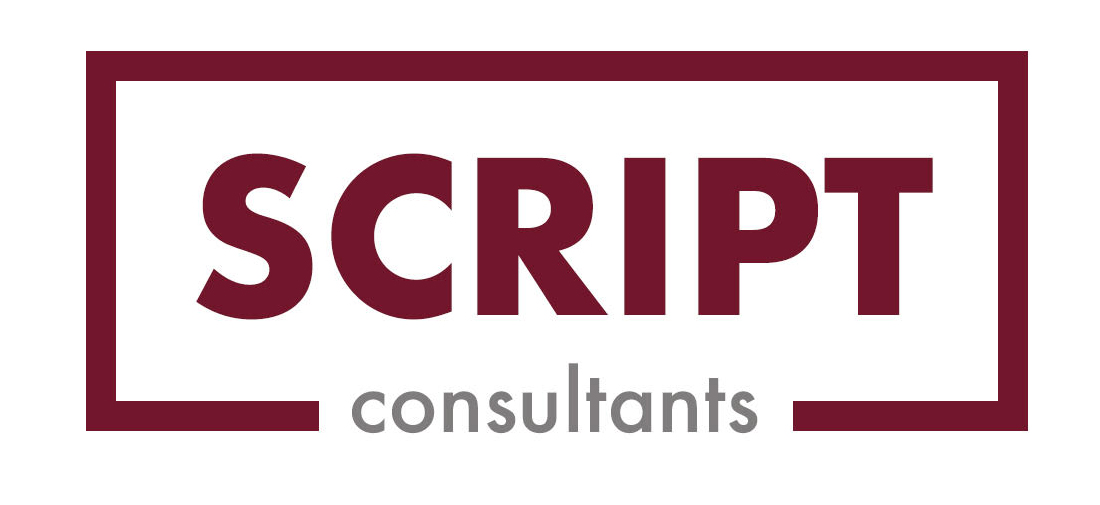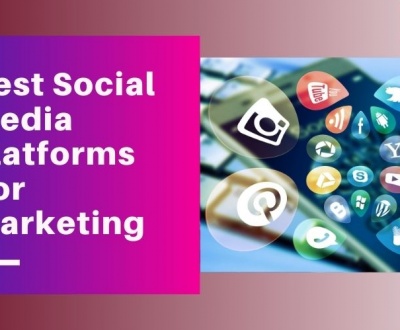Business Jargon: 15 Terms That Really Annoy People
- September 8, 2016
- Copywriting, Marketing
Because nobody actually knows what those outdated buzzwords mean.
“Our company is taking actionable steps, leveraging on our core competencies to disrupt the industry with compelling, engaging content”.
Bet that took awhile to read. And reread. And digest in your mind what each and every word represents. At the end, out of pure frustration, you might vaguely guess what it means to say, and leave it at that. Whatever it is, it sounds professional and really effective.
Contrary to popular belief, the above sentence holds no meaning. Even if its broken down to simpler terms, it doesn’t make sense. What does it mean for your company to make an impact in the industry? How? And what kind of ‘strengths’ does your business hold that enables you create effective copy?
Unfortunately, many of us at work fall victim to using business jargon at some point. We might think that littering some corporate-sounding terms helps us look better, but its actually affecting our productivity. In fact, badly written business copy frustrates readers, causes misunderstandings, and is even found to create distrust.
So, get back to basics, and write simply; Here are 15 of the most overused business jargon you should delete from your vocabulary.
1. Actionable:
What It Means: Something doable, something a person can take action on
Replace With: Say it as it is; what ‘actions’ are you doing on the process or item? Depending on what’s relevant, replace it with words like ‘writable’, ‘practical’, ‘useful’ or ‘editable’
2. Best Practices
What It Means: A set of processes or steps that have been proven to be effective for businesses.
Replace With: Discard this jargon altogether; In reality, there isn’t one best way to do things.
3. Bullish
What It Means: Feeling confident and positive. Those unacquainted with financial lingo might picture bullfights instead.
Replace With: Words like ‘sure’, ‘convinced’ ‘in favour of’ or ‘confident’ are easy, understandable substitutes.
4. Core Competencies
What It Means: Strengths or selling points of a business; What it is good at.
Replace With: Don’t merely quote ‘core competencies’ and expect readers to know. Instead, list out each advantage. (E.g. Our brand is known for our quick delivery, wide range of products, etc. )
5. Disruptive
What It Means: A technology or concept that’s unique and unexpected; It is creating new avenues or changing how we see an existing product.
Replace With: Unless your business is introducing an idea as innovative as the first mobile phone or self-driving car, bring the ego down a notch. Focus on what your business is actually providing instead of overhyping it. (E.g. Our AI technology can greatly improve the speed of customer service for the hospitality sector.)
6. Ecosystem
What It Means: Nothing to do with living creatures and their habitats. However, everything to do with the network of people that have an interest in the business.
Replace With: Avoid being confused for a life science textbook by replacing this business jargon with specific roles that the business might communicate with. (E.g. Vendors, clients, customers, manufacturers, etc.)
7. Granular
What It Means: Focusing on the details.
Replace With: Words like ‘detailed’, ‘specific’, ‘thorough’ or ‘comprehensive’.

8. Growth Hacker
What It Means: Another snazzy namesake for describing a marketer. Based on Quicksprout’s intepretation, a ‘Growth Hacker’ is one who solely focuses on the ‘growth’ of a business using various marketing channels. Confusing much?
Replace With: This piece of jargon vaguely conjures up images of farmers hacking through wheat. Instead, call a marketer a marketer, and if the individual is good, call him/her an ‘exceptional’, ‘expert’ or ‘successful’ marketer that has managed to do something extraordinary for your business.
9. Ideation
What It Means: The process of thinking creatively and coming up with ideas.
Replace With: Simply announce that you are ‘thinking about ideas’; There’s no need to use a fancy word for that.
10. Incentivise
What It Means: A verb spin-off of the noun ‘incentive’; To motivate.
Replace With: Avoid using this mangled form of vocabulary seemingly created by corporates. Substitute it with proper phrases or words like ‘provide an incentive’ or ‘encourage’.
11. Leverage
What It Means: A really fancy and diplomatic way of saying ‘taking advantage’.
Replace With: Terms like ‘making use of’, ‘manipulating’, ‘applying’ or ‘controlling’ may sound a tad scary, but at least it makes for clearer reading.
12. Paradigm Shift
What It Means: A fundamental change in the way we see things. Initially used by scientists and philosophers, it was later adopted by executives for that pretentious ‘wow’ factor.
Replace With: Is the transformation that your business is undergoing that life-altering to warrant a paradigm shift? If not, simpler words like ‘change’, ‘transition’ or ‘development’ might convey your meanings better.
13. Scalable
What It Means: Efficiency. Something that requires little effort and is able to return much more.
Replace With: The term might be easily confused with its alternate meaning, which is to climb. Therefore, use easier terms like ‘adaptable to increasing demand’ or ‘economical’ and ‘productive’ instead.
14. Synergy
What It Means: Working with others to create something bigger; The whole is more than the sum of its parts. Because, for something so inherently simple, we just have to complicate things.
Replace With: There are a million ways to say ‘teamwork’. Other words include ‘cooperation’, ‘working together’, and ‘collaboration’.
15. Touch Base
What It Means: To keep in contact and update each other in future.
Replace With: Talk to someone like you usually do and avoid sounding like a baseball fanatic. Avoid using this jargon and just say that you will contact or talk to them soon.
Written by: (www.script.com.sg)
Edited & Illustrated by: Script Consultants Pte Ltd
About us and this blog
We are a digital marketing company with a focus on helping our customers achieve great results across several key areas.
Request a free quote
We offer professional SEO services that help websites increase their organic search score drastically in order to compete for the highest rankings even when it comes to highly competitive keywords.
Subscribe to our newsletter!
More from our blog
See all postsLeave a Comment cancel
This site uses Akismet to reduce spam. Learn how your comment data is processed.










